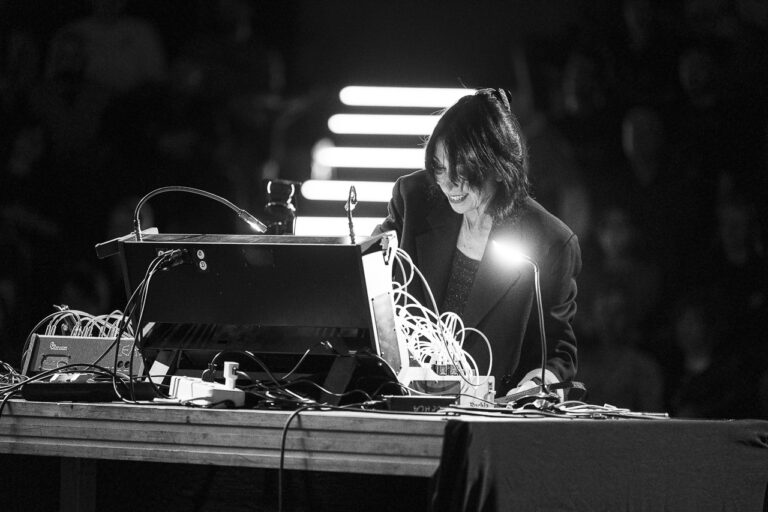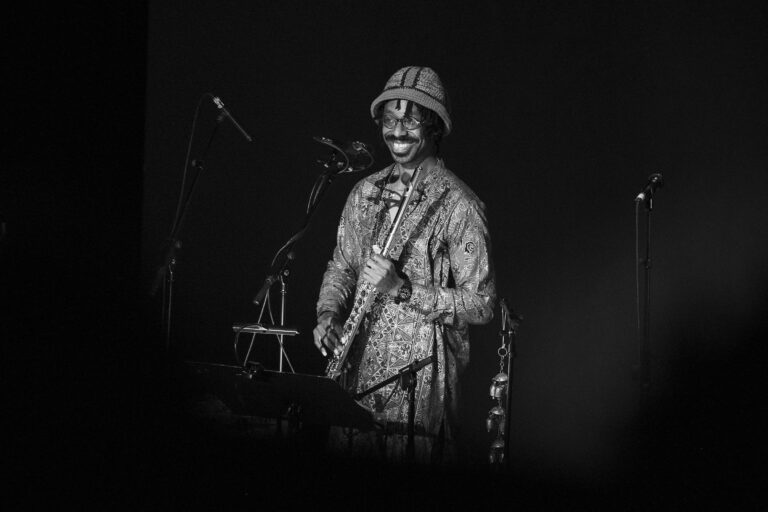St Paul's Sessions 8
AMPHITHEATRE OF THE ATHENS CONSERVATOIRE
ABOUT
St Paul’s Sessions is an innovative transdisciplinary platform of curated live events, founded by Groove Productions in 2016.
Each season brings together some of the most forward-thinking artists in contemporary music, visual art and digital performance in Athens, Greece, exploring the dialogue between architecture, space and immersive listening.
Alongside its experimental and electronic core, the series has also welcomed leading figures of contemporary jazz, broadening its scope and reinforcing its position as a platform where diverse musical traditions meet at the highest artistic level.
Now in its 8th edition (2025–2026), the series continue to explore the evolving intersection of experimental sound, avant-garde and generative arts, reimagining how music can be experienced in site-specific environments.
PAST EVENTS
Since 2016, St Paul’s Sessions has hosted more than 70 performances by renowned international artists specializing in experimental music, electronic sound and contemporary jazz.
St Paul’s Sessions 1 (2016-2017): Tim Hecker, William Basinski,
Christian Fennesz, Peter Broderick, Julia Kent, Cayetano, Serafim
Tsotsonis, Keep Shelly in Athens, Moa Bones, Tendts, Maria Panosian
St Paul’s Sessions 2 (2017-2018): Lubomyr Melnyk, Jlin, Laurel Halo,
Prurient, Peter Broderick, Grandbrothers, Murcof, Federico Albanese,
Porter Ricks, The Man From Managra
St Paul’s Sessions 3 (2018-2019): Mouse on Mars, Rival Consoles,
Arve Henriksen, Max Cooper, Moritz von Oswald, Marc Ribot
St Paul’s Sessions 4 (2019-2020): Alessandro Cortini, Grouper,
Neon Chambers (Sigha & Kangding Ray), Andy Stott, Demdike Stare
St Paul’s Sessions 5 (2022-2023): Murcof, Sergi Palau,
Fennesz, Abul Mogard, Roger Eno, Marc Ribot, Anne-James Chaton, Alva Noto
St Paul’s Sessions 6 (2023-2024): Julia Kent, Tilemachos Moussas, Nik Bärtsch, Loscil, Lawrence English, Suzanne Ciani, Dave Holland Trio
St Paul’s Sessions 7 (2024-2025): SHABAKA, Murcof, Jan Jelinek, Bill Frisell Trio
_______________________________________________________
Highlights from Past Editions
This visual archive showcases landmark performances from previous seasons of St Paul’s Sessions.
Photos © Vangelis Patsialos
LOCATION
All St Paul’s Sessions 8 concerts will be hosted, for the third consecutive year, at the iconic Ioannis Despotopoulos Amphitheatre of the Athens Conservatoire.
This striking landmark of unfinished modernist architecture, located in the heart of Athens, offers exceptional acoustics and spatial depth, making it an ideal venue for immersive performances and quadraphonic sound.
Situated just steps away from the Greek Parliament, Aristotle’s Lyceum and the Byzantine Museum, the Amphitheatre has become a symbol of Athens’ contemporary cultural landscape.
AMPHITHEATRE OF THE ATHENS CONSERVATOIRE
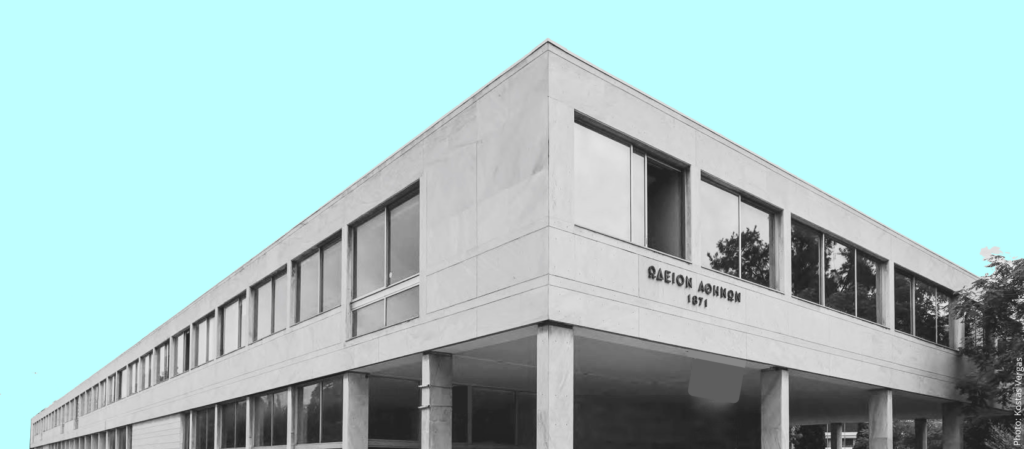
LINE-UP
St Paul's Sessions 8
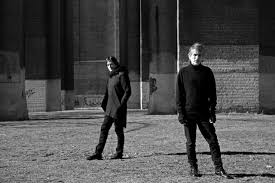
ABUL MOGARD & RAFAEL ANTON IRISARRI
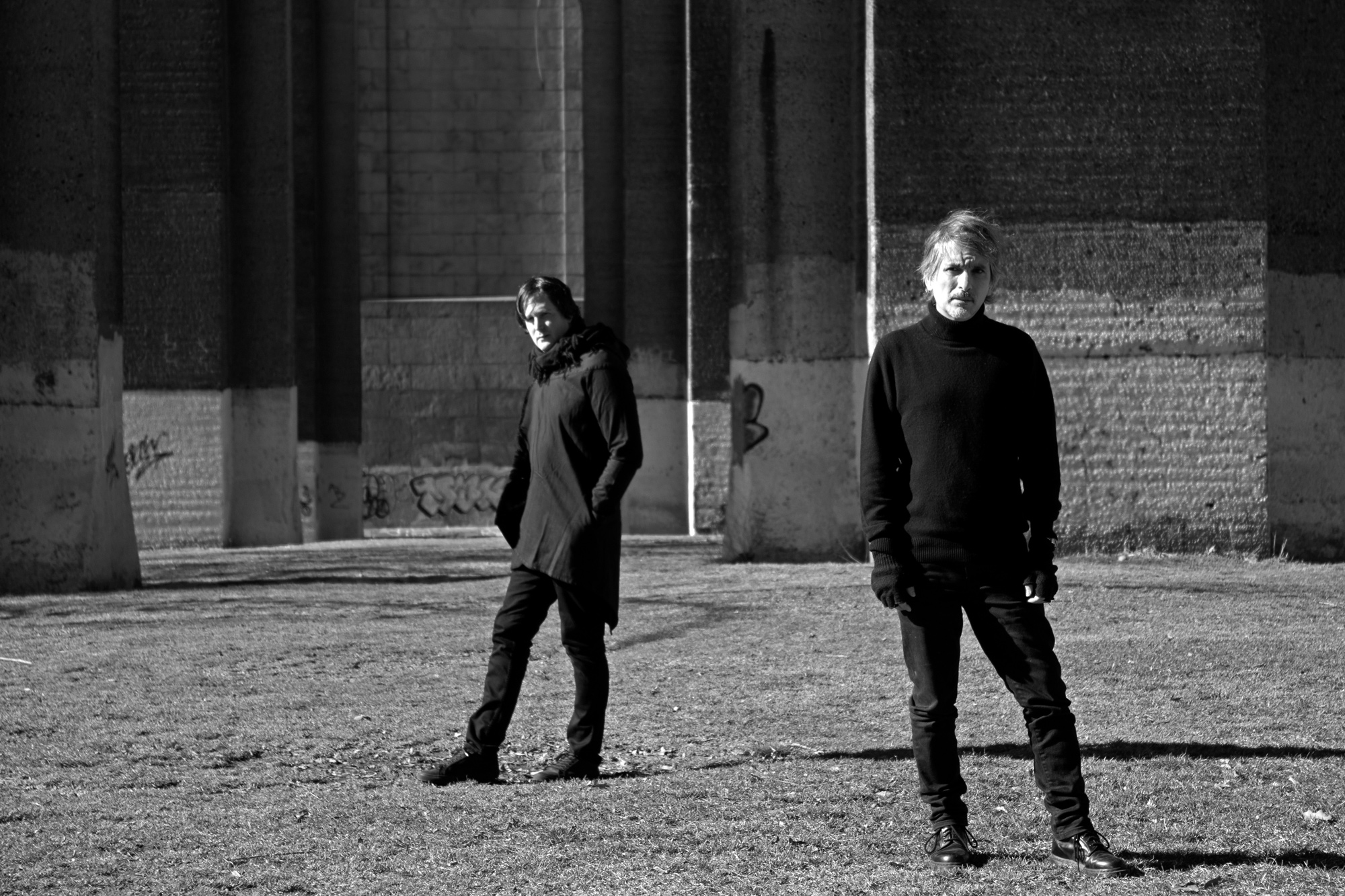
ABUL MOGARD & RAFAEL ANTON IRISARRI
Friday 6th February 2026For the audience, what the two ambient and electronic specialists Abul Mogard and Rafael Anton Irisarri have developed here is nothing less than a re-positioning in space and time. Listening to this deeply effective, decelerated music, you move weightlessly in a fluid intermediate space that unobtrusively offers you new ways of perceiving yourself. The two musicians have chosen the apt title "Impossibly Distant, Impossibly Close" for the album on which it is based. Anyone experiencing this music can no longer really speak of listening, but of immersing themselves. Mogard's synthesizer modulations merge with Irisarri's sculptural guitar drones, which are remotely reminiscent of Kevin Shields' soundtrack for "Lost in Translation". What gradually emerges live here is an epic, veiled, large-scale, meandering, darkened beauty that, despite all the ambient clichés, is suitable neither for airports nor elevators, but demands contemplation and rewards it immediately.
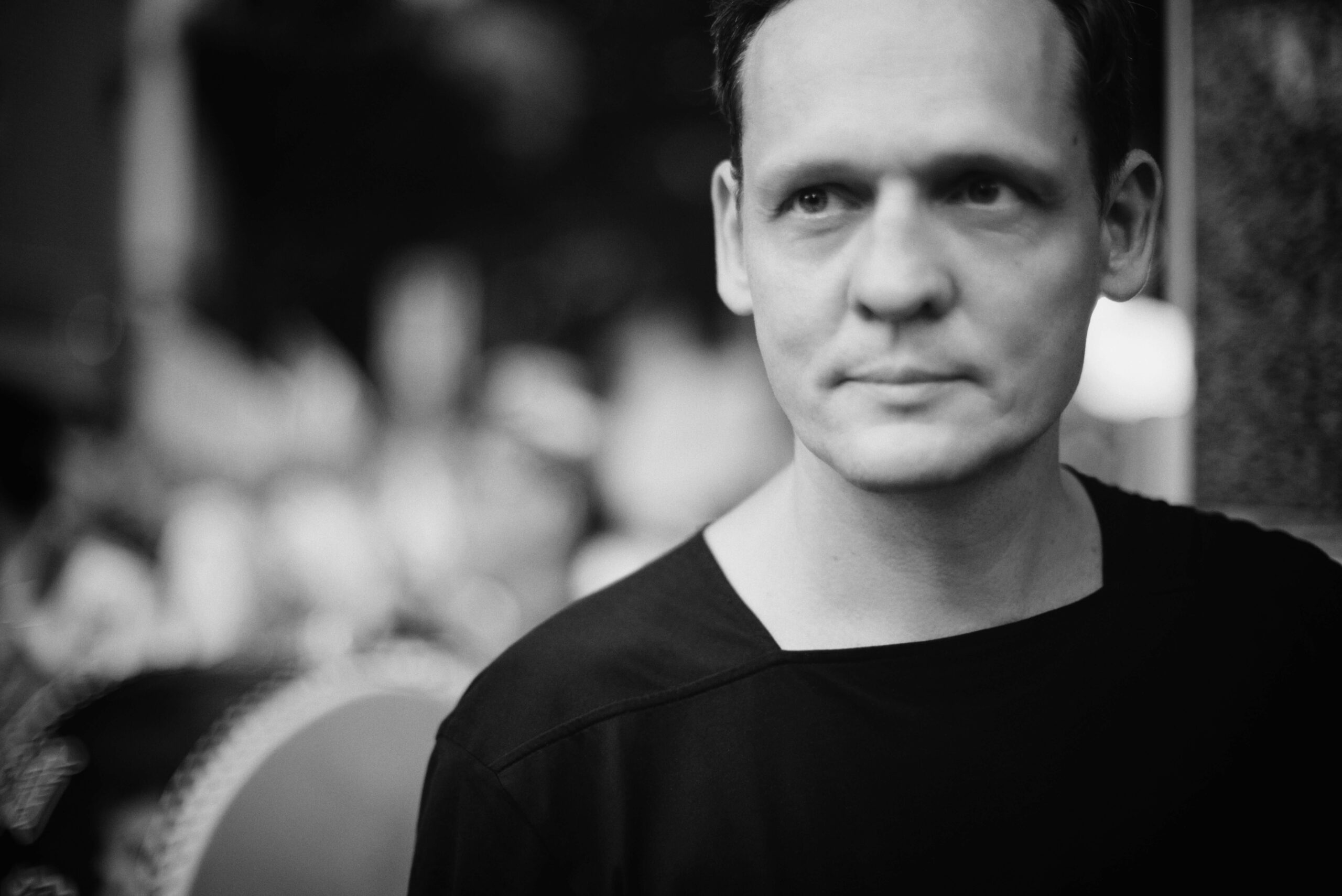
ALVA NOTO pres. UNI-HYBDR:ID UNI PARA LIVE A/V

ALVA NOTO pres. UNI-HYBDR:ID UNI PARA LIVE A/V
Sunday 22nd March 2026Alva Noto, born Carsten Nicolai in 1965, is a German artist and musician known for his experimental electronic music and visual art, which explore a minimalist aesthetic at the intersection of sound, visual arts, and science. Nicolai founded the experimental record label Noton.Archiv in 1994, which later merged to become Raster-Noton, a prominent label in experimental electronic music. His work includes influential collaborations with artists like Ryuichi Sakamoto and Ryoji Ikeda, as well as a substantial body of solo albums and installations presented in prominent venues worldwide.
¨UNI-HYBR:ID" likely refers to a collaborative project or a conceptual connection between Alva Noto's Uni series and his HYbr:ID series of works. The Uni series focuses on rhythmic and dancefloor-oriented music, while the HYbr:ID series comprises soundscapes commissioned for choreography. There is also a specific project titled UNI-HYBR:ID featuring Ryoji Ikeda, which has a name that combines the two series.
TBA
TBA
TICKETS
PRESALE TICKETS:
Ticket Services – Box office: Panepistimiou 39, Athens
Call center: +30 210 7234567 – Online: www.ticketservices.gr
